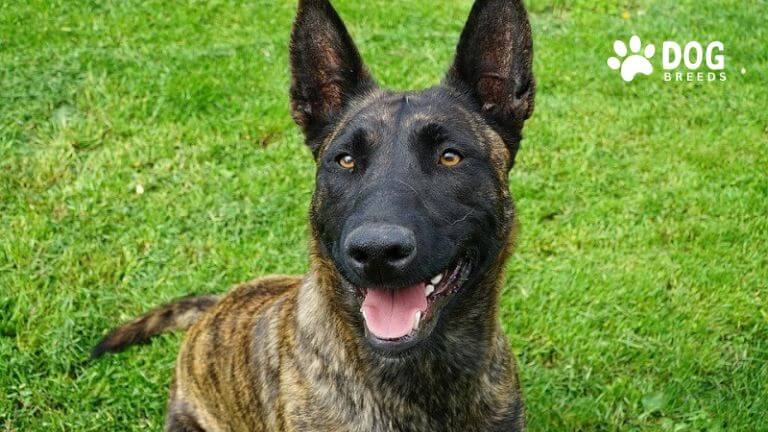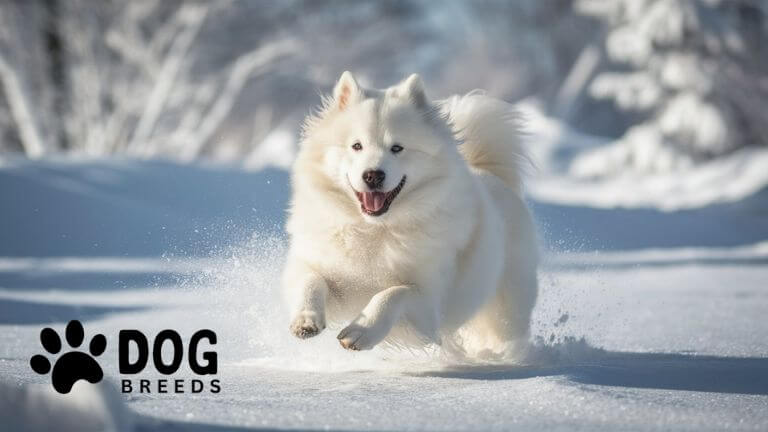Shorkie Dog Breed: Loyal, Playful, and Perfect Companion
The Shorkie is a hybrid breed created by crossing the Shih Tzu and Yorkshire Terrier. Known for its affectionate nature and small size, the Shorkie has gained popularity as a loving companion for families and individuals. This designer dog combines the playful personality of the Yorkie with the loyal and calm demeanor of the Shih Tzu.
Shorkie Dog Breed Overview
- Size: Small (7–15 pounds, 6–11 inches tall).
- Coat: Silky, long, and hypoallergenic; available in colors like black, brown, white, and tan.
- Personality: Loyal, playful, energetic, and loving.
- Lifespan: 12–15 years.
- Best For Families, seniors, singles, and apartment dwellers.
Shorkies are ideal for those seeking a low-shedding, affectionate pet with a big personality in a small package.
History & Background

The Shorkie is a designer breed developed to combine the best traits of the Shih Tzu and Yorkshire Terrier.
- Parent Breeds:
- Shih Tzu: Originates from Tibet and was bred as a companion dog for royalty.
- Yorkshire Terrier: Developed in the United Kingdom as a working dog to catch rats, later becoming a fashionable companion.
By blending these traits, breeders sought a small, adaptable dog with reduced genetic health risks.
Care & Lifestyle
Shorkies are adaptable but thrive in loving environments with consistent routines.
- Exercise Needs:
- Short daily walks and indoor playtime are sufficient.
- Mental stimulation through toys and training games helps prevent boredom.
- Living Environment:
- Suitable for apartments and homes with limited outdoor space.
- They enjoy staying close to their owners and are prone to separation anxiety.
- Feeding Guidelines:
- High-quality dry kibble designed for small breeds.
- Monitor portions to avoid obesity.
Training Tips
Shorkies are intelligent and respond well to training but may exhibit stubbornness.
- Start socialization early to prevent excessive barking or timid behavior.
- Use positive reinforcement, such as treats and praise, for the best results.
- Short, consistent training sessions work better than long ones.
- Address separation anxiety with crate training and gradual desensitization.
Health Considerations
Shorkies inherit traits from both parent breeds, which may predispose them to certain health conditions:
- Dental Issues: Small breeds are prone to tartar buildup. Regular brushing is essential.
- Eye Problems: Conditions like dry eye or corneal ulcers may occur.
- Joint Conditions: Luxating patellas are common in toy breeds.
- Brachycephalic Concerns: Some Shorkies may have shorter snouts, leading to breathing difficulties in hot weather.
Regular vet check-ups and a proper diet can help maintain their health.
Grooming Requirements
Shorkies require consistent grooming due to their long, silky coat:
- Brush their coat 3–4 times a week to prevent tangling and matting.
- Schedule professional grooming every 6–8 weeks.
- Clean their ears weekly to avoid infections.
- Trim their nails every month or as needed.
Regular grooming not only keeps them looking good but also prevents skin issues.
Ideal Owners
Shorkies are best suited for:
- Families with children (teach kids to handle them gently).
- Seniors are looking for a low-shedding, affectionate companion.
- Individuals or couples who spend ample time at home.
They do not tolerate being left alone for long periods and thrive in environments with constant companionship.
Adoption vs. Buying
- Adoption: Consider local shelters or rescue groups. Shorkies occasionally appear in rescues due to their popularity.
- Buying: Choose reputable breeders who provide health clearances for both parent breeds.
The price of a Shorkie puppy typically ranges from $500 to $2,000, depending on the breeder and location.
Conclusion
The Shorkie is a lovable, energetic, and loyal companion ideal for many lifestyles. With proper care, grooming, and training, these small dogs bring immense joy to their families. Consider adding a Shorkie to your life if you’re looking for a devoted and playful pet.
For further guidance, explore more resources on pet care, training, and health to ensure your Shorkie thrives in your home.
There are plenty of dog breeds to suit all kinds of lifestyles and homes. With a little research, you can find your next best friend!
FAQs About Shorkie Dogs
What is a Shorkie dog?
A Shorkie is a small designer breed resulting from crossing a Shih Tzu and a Yorkshire Terrier. Known for their affectionate, spirited nature, Shorkies are loyal companions with silky coats that may vary in color. They thrive as lap dogs and are great for families or individuals who can provide ample attention and care.
How much does a Shorkie cost?
Shorkies typically range from $500 to $2,000, depending on factors such as breeder reputation, lineage, and location. Adoption fees from shelters are often lower and may cost around $200 to $500.
What are the cons of a Shorkie?
Shorkies have high grooming needs due to their silky, tangle-prone coats. They are prone to certain health issues, including dental problems, respiratory challenges, and patellar luxation. Additionally, their small size makes them fragile and unsuitable for rough handling by children. They may also develop separation anxiety if left alone frequently.
How big do Shorkies get full-grown?
Shorkies are tiny dogs, typically weighing 5 to 15 pounds and standing around 6 to 11 inches tall at the shoulder. Their size may vary slightly depending on the traits inherited from their parent breeds.
- Why Are Dalmatians Not Popular? Uncovering the Truth Behind the Rarity of This Iconic Breed - April 16, 2025
- Top 15 Chinese Dog Breeds: Discover the Best Dogs from China - April 14, 2025
- Dalmatian Dog Breed: History, Care, Personality & Health - April 3, 2025







